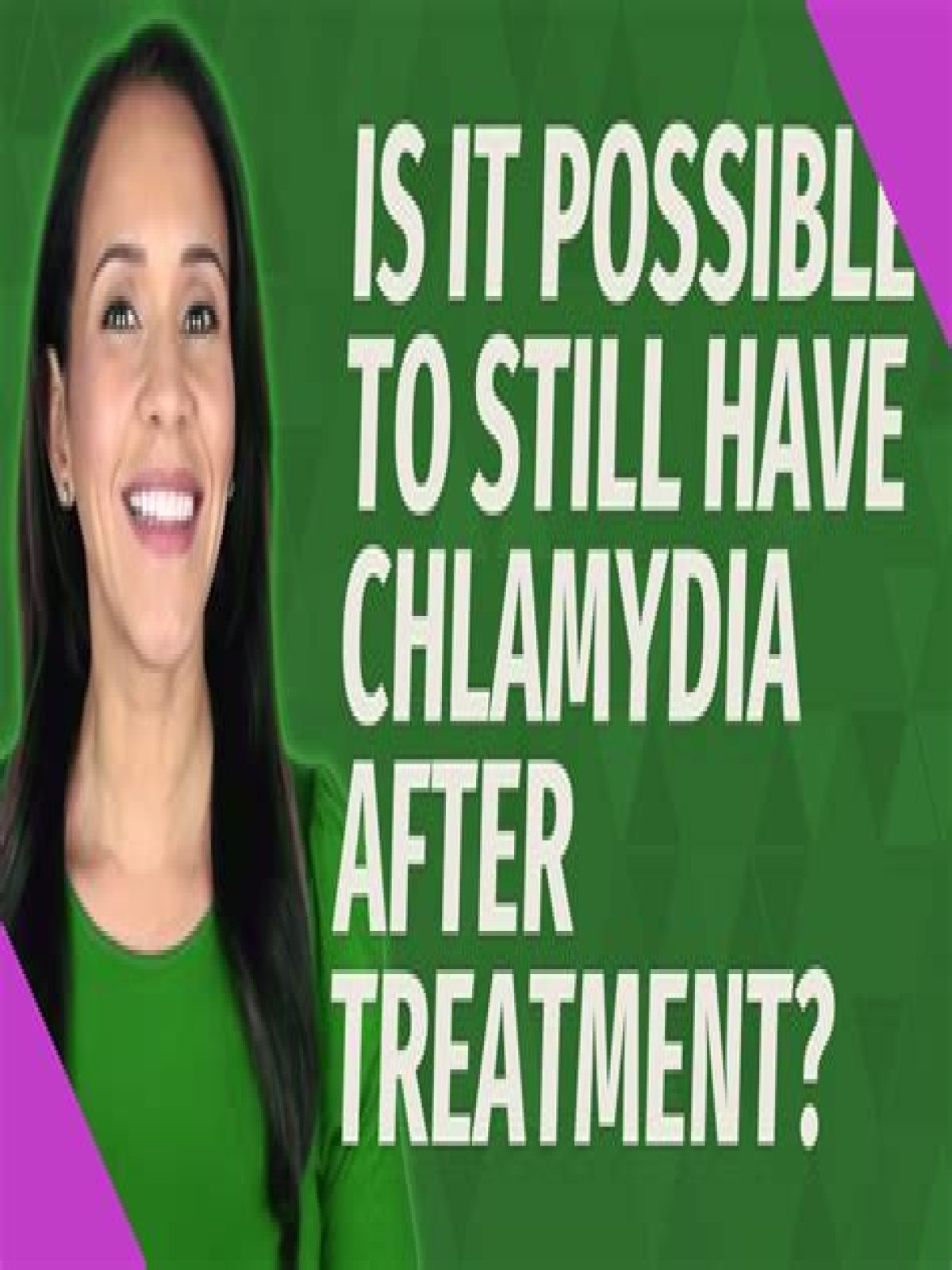Table of Contents
- What if chlamydia doesn't go away after treatment?
- How long can chlamydia stay positive after treatment?
- Can symptoms of chlamydia persist after treatment?
- How will I know if chlamydia is gone?
- Is it possible to still have chlamydia after treatment?
- Can chlamydia come back after antibiotics?
- How long after azithromycin is chlamydia gone?
- How long after taking chlamydia medication should I get tested again?
- Is chlamydia becoming resistant to antibiotics?
- Can chlamydia come back by itself?
- Do antibiotics always get rid of chlamydia?
- What is the strongest antibiotic for STD?
- What STD is resistant to azithromycin?
- How do you know if antibiotics are working for chlamydia?
- Why do I keep testing positive for chlamydia?
- Can you retest for chlamydia 2 weeks after treatment?
- Can azithromycin fail to cure chlamydia?
- Does azithromycin always cure chlamydia?
- How successful is chlamydia treatment?
- Can you have chlamydia for 10 years?
- Can chlamydia treatment failed twice?
- How is chronic chlamydia treated?
- What happens if doxycycline doesn't work for chlamydia?
- How many pills do you take for chlamydia?
- Can one antibiotic treat multiple STDs?
What if chlamydia doesn't go away after treatment?
Untreated chlamydia can increase a woman's risk for developing: pelvic inflammatory disease (PID), infertility, ectopic pregnancy, and chronic pelvic pain. In fact, women who become reinfected with chlamydia have an even higher risk for PID and ectopic pregnancy than those with a first infection.How long can chlamydia stay positive after treatment?
Following antimicrobial treatment with a single dose of azithromycin or seven days of twice-daily doxycycline, residual nucleic acid from noninfectious chlamydia has been shown to be present in nonpregnant women's urine for up to three weeks (16–21 days).Can symptoms of chlamydia persist after treatment?
If a person's symptoms continue for more than a few days after receiving treatment, he or she should return to a health care provider to be reevaluated. Repeat infection with chlamydia is common. Women whose sex partners have not been appropriately treated are at high risk for re-infection.How will I know if chlamydia is gone?
Chlamydia is a bacterial infection (like strep throat or an ear infection), which means that once you've been treated and tested negative for it (to make sure the antibiotics worked), it's gone.Is it possible to still have chlamydia after treatment?
Can chlamydia come back after antibiotics?
Chlamydia. A significant number of people who have been diagnosed with and treated for chlamydia will get the infection again after treatment. This can be due to repeated exposure.How long after azithromycin is chlamydia gone?
It usually takes approximately 7 days for azithromycin to cure chlamydia. However, it can take up to 2 weeks for the infection to go away completely. Avoid having sex during treatment or until the infection has cleared. You'll want to make sure it's completely cured, or else you'll risk passing it to someone else.How long after taking chlamydia medication should I get tested again?
Although medicine will stop the infection, it will not undo any permanent damage caused by the disease. Repeat infection with chlamydia is common. You should receive testing again about three months after your treatment, even if your sex partner(s) receives treatment.Is chlamydia becoming resistant to antibiotics?
Syphilis and chlamydia have also begun to show resistance to antibiotics in some parts of the world, though Klausner says there are several treatment options for both.Can chlamydia come back by itself?
Thankfully, it's also curable. But new research suggests that for some people, curing chlamydia doesn't prevent reinfection, even if they're not exposed to it again. Apparently the disease can live inside your gut, and reinfect you out of the blue.Do antibiotics always get rid of chlamydia?
If you are diagnosed with chlamydia, your doctor will prescribe oral antibiotics. A single dose of azithromycin or taking doxycycline twice daily for 7 to 14 days are the most common treatments and are the same for those with or without HIV. With treatment, the infection should clear up in about a week.What is the strongest antibiotic for STD?
Single-dose therapy with azithromycin is as effective as a seven-day course of doxycycline (Vibramycin). Doxycycline is less expensive, but azithromycin may be cost-beneficial because it provides single-dose, directly observed therapy. Erythromycin and ofloxacin (Floxin) also may be used to treat C.What STD is resistant to azithromycin?
Chlamydia trachomatisSeveral studies have documented C. trachomatis isolates that were found to be resistant to one or more drugs including doxycycline, azithromycin, ofloxacin, tetracycline, erythromycin, sulfamethoxazole and clindamycin.
How do you know if antibiotics are working for chlamydia?
If you take the treatment according to instructions, it's over 95% effective at treating chlamydia.
- You'll be given a course of antibiotics for 3 or 7 days or sometimes up to two weeks.
- If there's a high chance you have chlamydia, treatment may be started before the results of the test are back.
